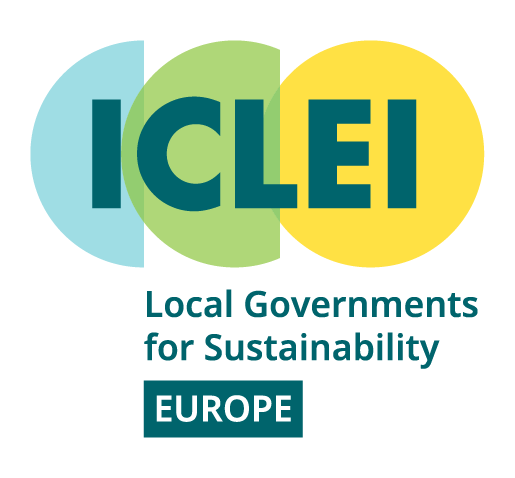Sense of place
Some socio – cultural factors may strongly affect people’s attitude toward wind energy. Among them, people’s sense of place, that is the relationship between the people and the places in which they live, may create a major barrier.
The WinWind project’s found that in Sweden, Norway and Canada local acceptance of wind plants was low wherever the use of land for wind farming was perceived as conflicting with the traditional use of the land and the community sovereignty.
It is very important that market actors are aware of hostility arising when the novel use of the land for wind farming is affecting traditional consolidated practices. These are complex to deal with, since they may be connected with a number of other different, sometimes pre-existent, issues, from local minority group identity survival to environmental concerns expressed by the whole community.
Find out more
The WinWind project analysed the sense of place as a factor of community acceptance of wind power. Here below further readings.
On sense of place affecting community acceptance
Technical and socio-economic conditions pages 12,40,57
Stakeholders online consultation, in wind energy scarce regions (WESR)
Taxonomy of social acceptance drivers and barriers page 32-34
















